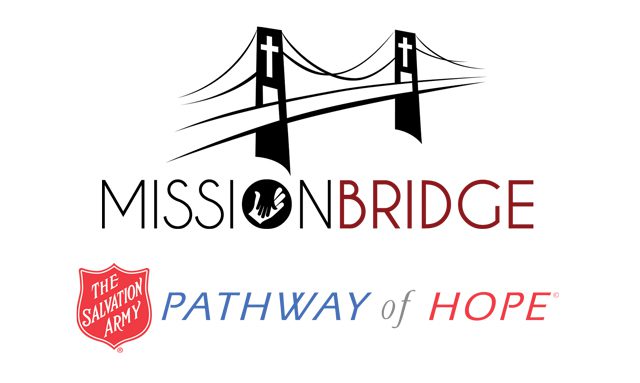Cross Cultural Ministry
“I want to teach people that differences are valuable,” says Geir Engøy, the West’s Territorial Cross Cultural director “God reveals himself in different cultures, through all of us.”
Crossing cultures is nothing new to Engøy. Born in Denmark to officer parents, he spent his youth in Norway and served as a Salvation Army officer for 10 years after attending the Army’s International Training College in London. Five of those years were in appointments in Norway and five in Spain, where he was–among other things–a teacher and assistant training principal at the School for Officer Training. Along the way, he’s learned to read, write and speak in Norwegian, English and Spanish, and can communicate in German, Danish and Swedish.
While a double major from Asbury College in Cross Cultural Communica-tion/Missions and Sociology provided “book learning,” it was serving in Spain and Norway, he says, that provided the practical experience he needed to be effective cross culturally. That experience is now being put to use in the West. The Western Territory has 21 language groups, he notes, which brings a richness to the fabric of The Salvation Army.
That richness provides the opportunity for Salvationists to get out of their comfort zones and learn from each other, a key point in Engøy’s approach to cross culturalism. “The Holy Spirit sets people free to worship within their cultural context. It’s not a necessity to take on American culture to be a Christian. People should be politely curious of each other.”
That curiosity should then move people toward accepting those of other cultures and enable them to express Salvationism within their culture. After all, he says, we meet together at the cross of Christ. “The cross is the basis for all cross cultural ministry. It impacts discrimination and racism. As you learn who ‘they’ are, you learn other world views and discover your own world views. We really are one in Christ.”
In order to address cross cultural issues effectively, Geir will be traveling throughout the territory to talk with Salvationists and determine their needs and concerns. “One thing we’re seeing now is that we must encourage more local leadership. We can’t have ‘cultural imperialism’ from England’.” He notes there is an increase in the translation of Salvation Army materials in the West, including translating Visioning workbooks into Chinese, Korean, Laotian and Spanish.
For those who might feel some irony in a Scandinavian Salvationist directing the Cross Cultural ministry of the Army in the Western Territory, Geir sees nothing strange about it at all. “This isn’t just a job to me,” he says, “it’s what we do every day in my family.” He explains: he was born in Denmark, his wife, Cindy, was born in Seoul, Korea, and sons Greg and David were born in Norway and Kentucky, respectively. “This helps me be objective in my approach,” he admits.











